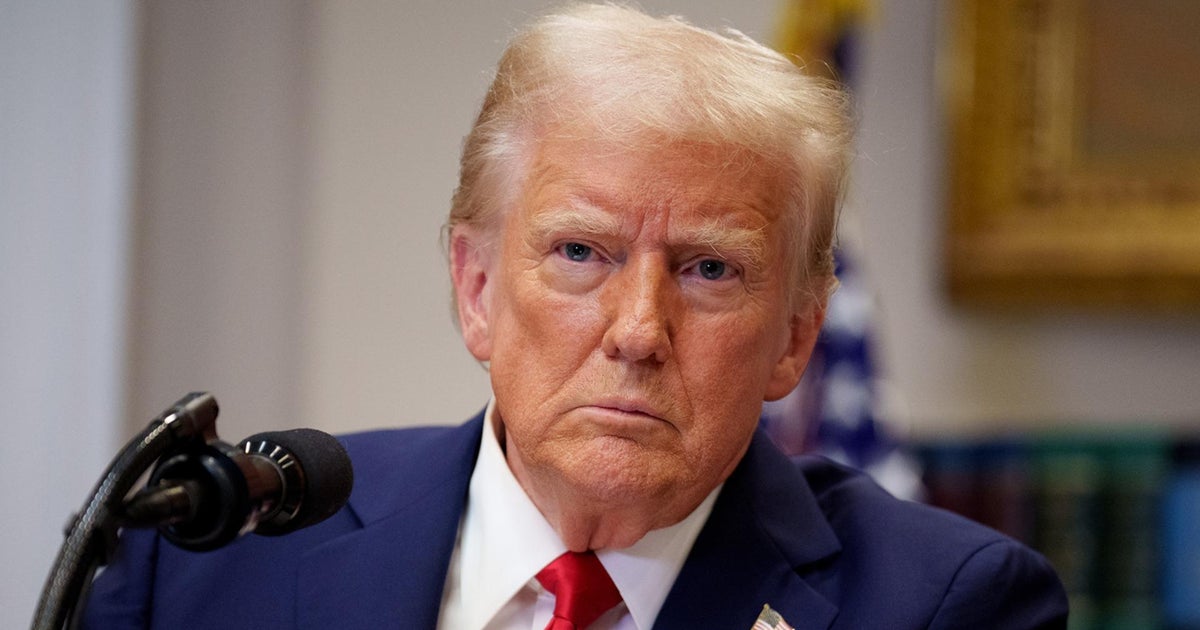The federal government has called on the Nigerian Labour Congress (NLC) and the Trade Union Congress (TUC) to return to the negotiation table following the commencement of an indefinite strike by the unions.
Minister of Information and National Orientation, Mohammed Idris, made the call in a statement on Monday.
The NLC and TUC began an indefinite strike on Monday to protest the refusal of the federal government to grant their demand for a minimum wage of N494,000.
Mr Idris said the tripartite committee which has been meeting on the matter is prepared to establish a realistic minimum wage for Nigerian workers.
“We will continue to engage and make ourselves available for these negotiations on behalf of the Nigerian people,” said Mr Idris.
The minister said the government seeks a balanced and feasible solution, insisting that the proposed N494,000 minimum wage is not viable.
Mr Idris urged the labour unions to reconsider their demands, stating that any agreed minimum wage would also impact the private sector and could have detrimental effects on the economy.
Labour Unions’ Position
Meanwhile, the NLC and TUC, in a joint statement on Monday, explained that the strike was initiated due to prolonged and unresolved negotiations with the federal government over a new national minimum wage and recent increase in electricity tariffs.
They said “the current minimum wage, by law, expired on 19 April 2024, necessitating an urgent review.”
They said the recent increase in electricity tariff is an unsustainable burden for businesses and workers,
The unions said the nationwide strike underscores the urgency of addressing their demands for a fair and living wage.
They criticised the government’s counter-offer of N60,000, insisting that it is inadequate and insensitive to the economic hardships faced by workers due to policies such as the removal of the petrol subsidy, the devaluation of the naira, and hike in electricity tariffs.
“Government’s counter-offer mocks the excruciating hardship brought on workers by its insensitive and oppressive economic policies,” the statement read.
The unions also accused the government of showing contempt for the negotiation process by withdrawing its core negotiating representatives.
Background
The labour unions said the call for a new national minimum wage aligns with international best practices and legal standards.
The International Labour Organisation (ILO) conventions, particularly the Minimum Wage Fixing Machinery Convention 26 of 1928 and the Minimum Wage Fixing Convention 131, mandate member countries to ensure a minimum wage that guarantees a living wage for all workers. Nigeria ratified these conventions, and the national minimum wage has been a legal requirement since 1961.
READ ALSO: Strike: Dont disrupt hajj operations, NAHCON appeals to NLC, TUC
In 1981, Nigeria’s first minimum wage was set at N125 (approximately $188 at the time), equivalent to N282,000 in today’s exchange rate. However, the real value of wages has declined, pushing many workers into poverty.
In his Monday statement, Mr Idris said President Bola Tinubu is ready to tackle Nigeria’s economic challenges through human-faced policies.
Support PREMIUM TIMES’ journalism of integrity and credibility
At Premium Times, we firmly believe in the importance of high-quality journalism. Recognizing that not everyone can afford costly news subscriptions, we are dedicated to delivering meticulously researched, fact-checked news that remains freely accessible to all.
Whether you turn to Premium Times for daily updates, in-depth investigations into pressing national issues, or entertaining trending stories, we value your readership.
It’s essential to acknowledge that news production incurs expenses, and we take pride in never placing our stories behind a prohibitive paywall.
Would you consider supporting us with a modest contribution on a monthly basis to help maintain our commitment to free, accessible news?
Make Contribution
TEXT AD: Call Willie – +2348098788999









